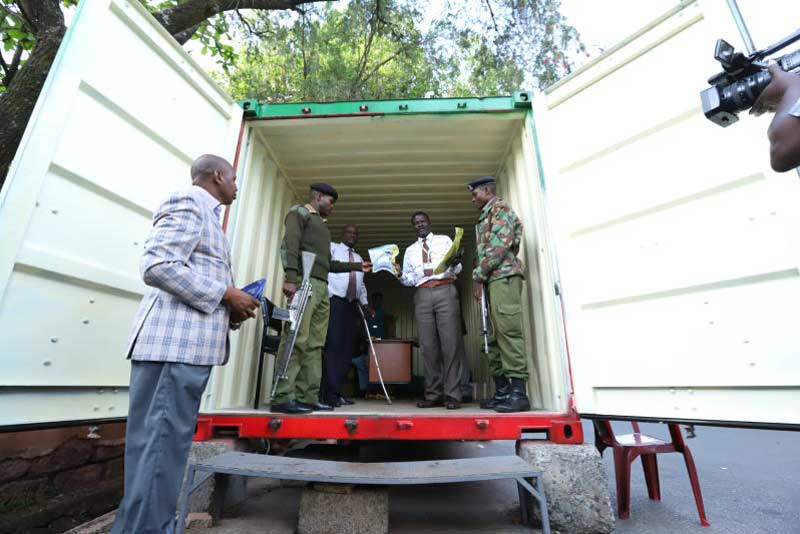×
The Standard e-Paper
Kenya’s Boldest Voice

As national examinations begin throughout the country this week, the Government has made bold statements, warning against exam cheating.
More than one million students are writing their Kenya Certificate of Primary Education (KCPE) exam and another 664,587 the Kenya Certificate of Secondary Education (KCSE) this year, and ministry of education officials are stressing the integrity of exams results.